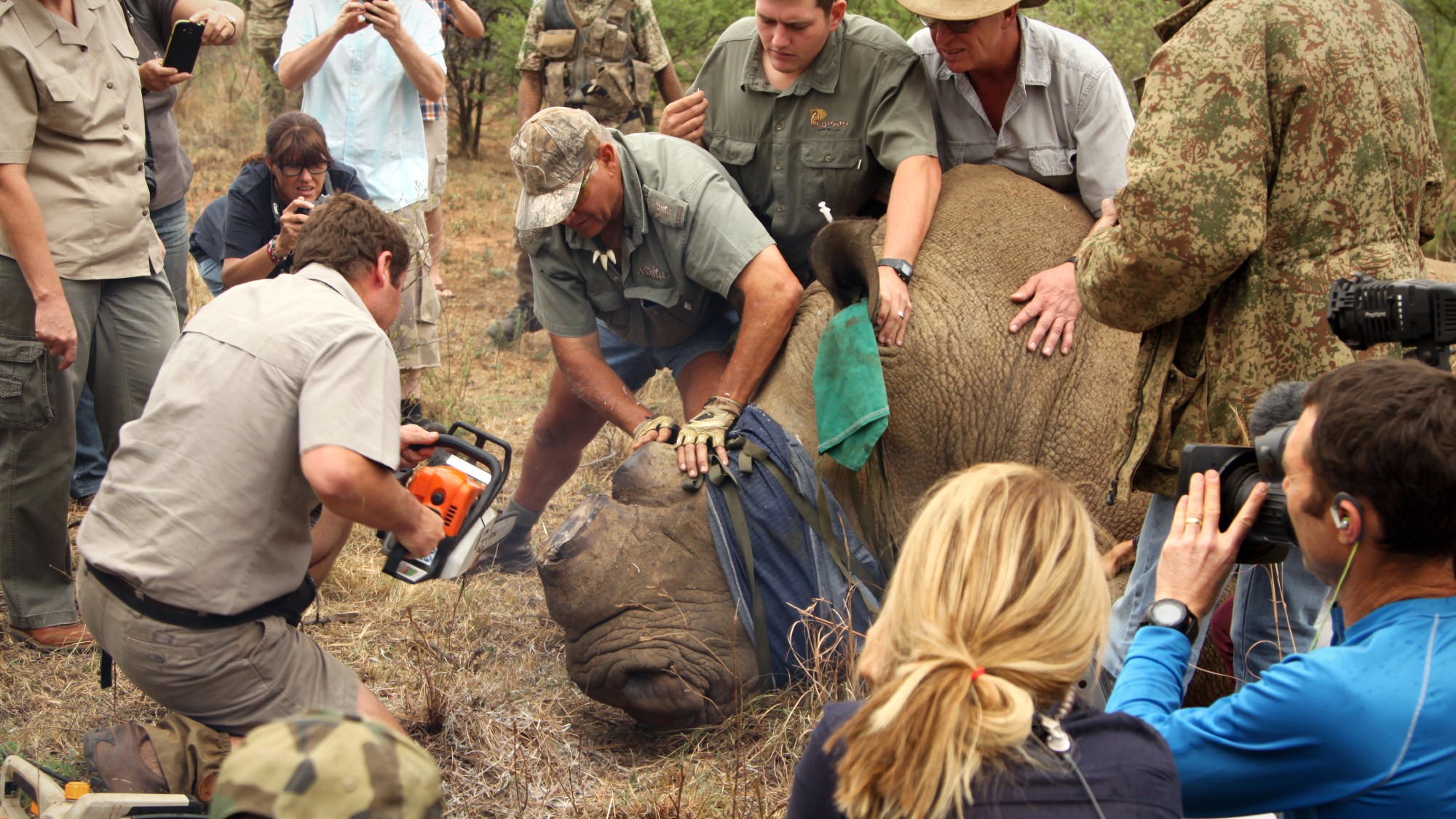NASA: Arctic sea ice hit its fourth lowest level on record


NASA says that an analysis of satellite data shows that the amount of late-summer Arctic sea ice is at its fourth lowest point on record.
The Arctic sea ice cover is frozen seawater that reflects solar energy back to space, helping keep the Earth cool. It gets smaller or larger depending on the season, and its minimum summertime extent occurs at the end of the melt season; NASA says the late-summer minimum size has been decreasing since the late 1970s due to warming temperatures. Analysis by NASA and the NASA-supported National Snow and Ice Data Center shows that on Sept. 11, the annual minimum extent was 1.70 million square miles, 699,000 square miles lower than the 1981-2010 average.
"This year is the fourth lowest, and yet we haven't seen any major weather event or persistent weather pattern in the Arctic this summer that helped push the extent lower, as often happens," Walt Meier, a sea ice scientist with NASA's Goddard Space Flight Center, said in a statement. "It was a bit warmer in some areas than last year, but it was cooler in other places, too." Since 1996, the sea ice decline has accelerated, and Meier said the ice cover is becoming less and less resilient: "The sea ice cap, which used to be a solid sheet of ice, now is fragmented into smaller floes that are more exposed to warm ocean water. In the past, Arctic sea ice was like a fortress. The ocean could only attack it from the sides. Now it's like the invaders have tunneled in from underneath and the ice pack melts from within."
The Week
Escape your echo chamber. Get the facts behind the news, plus analysis from multiple perspectives.

Sign up for The Week's Free Newsletters
From our morning news briefing to a weekly Good News Newsletter, get the best of The Week delivered directly to your inbox.
From our morning news briefing to a weekly Good News Newsletter, get the best of The Week delivered directly to your inbox.
Next week, NASA's Operation IceBridge will carry out flights over the Arctic to gain insight into how the summer melt season will affect land and sea ice. Catherine Garcia
A free daily email with the biggest news stories of the day – and the best features from TheWeek.com
Catherine Garcia has worked as a senior writer at The Week since 2014. Her writing and reporting have appeared in Entertainment Weekly, The New York Times, Wirecutter, NBC News and "The Book of Jezebel," among others. She's a graduate of the University of Redlands and the Columbia University Graduate School of Journalism.
-
 Nepal chooses toddler as its new ‘living goddess’
Nepal chooses toddler as its new ‘living goddess’Under the Radar Girls between two and four are typically chosen to live inside the temple as the Kumari – until puberty strikes
-
 October 5 editorial cartoons
October 5 editorial cartoonsCartoons Sunday's political cartoons include half-truth hucksters, Capitol lockdown, and more
-
 Jaguar Land Rover’s cyber bailout
Jaguar Land Rover’s cyber bailoutTalking Point Should the government do more to protect business from the ‘cyber shockwave’?
-
 SpaceX breaks Starship losing streak in 10th test
SpaceX breaks Starship losing streak in 10th testspeed read The Starship rocket's test flight was largely successful, deploying eight dummy satellites during its hour in space
-
 Rabbits with 'horns' sighted across Colorado
Rabbits with 'horns' sighted across Coloradospeed read These creatures are infected with the 'mostly harmless' Shope papilloma virus
-
 Lithium shows promise in Alzheimer's study
Lithium shows promise in Alzheimer's studySpeed Read Potential new treatments could use small amounts of the common metal
-
 Scientists discover cause of massive sea star die-off
Scientists discover cause of massive sea star die-offSpeed Read A bacteria related to cholera has been found responsible for the deaths of more than 5 billion sea stars
-
 'Thriving' ecosystem found 30,000 feet undersea
'Thriving' ecosystem found 30,000 feet underseaSpeed Read Researchers discovered communities of creatures living in frigid, pitch-black waters under high pressure
-
 New York plans first nuclear plant in 36 years
New York plans first nuclear plant in 36 yearsSpeed Read The plant, to be constructed somewhere in upstate New York, will produce enough energy to power a million homes
-
 Dehorning rhinos sharply cuts poaching, study finds
Dehorning rhinos sharply cuts poaching, study findsSpeed Read The painless procedure may be an effective way to reduce the widespread poaching of rhinoceroses
-
 Breakthrough gene-editing treatment saves baby
Breakthrough gene-editing treatment saves babyspeed read KJ Muldoon was healed from a rare genetic condition
